I. Introduction
Welcome, HOA residents! Given your familiarity with Homeowners Associations (HOAs), you understand the complexity and importance of navigating HOA rules to ensure a positive and harmonious living experience. This guide aims to refresh and enhance your understanding, empowering you to thrive in your HOA community.
II. Understanding HOA Basics
Purpose and Structure
HOAs are designed to manage and maintain the quality and standard of residential communities. They are typically governed by a board elected by residents, responsible for making decisions that affect the community’s overall well-being.
Common Rules and Regulations
HOAs enforce rules ranging from property modifications to parking regulations to maintain a uniform and orderly environment.
Roles and Responsibilities
The HOA board manages everything from budgeting to community disputes, playing a pivotal role in upholding the community’s standards.
III. Rights and Responsibilities of Owners
Property Maintenance
Owners are usually required to keep their properties in good condition, adhering to specific maintenance guidelines to preserve the community’s appearance and value.
HOA Fees
Timely payment of HOA fees is crucial as these funds are essential for the upkeep of common areas and facilities.
Participation in Meetings
Active participation in HOA meetings and decision-making processes is not only a responsibility but a significant right. It allows owners to influence how their community is managed.
IV. Rights and Responsibilities of Tenants
Lease and HOA Rules Compliance
Tenants must adhere to their lease agreements and the HOA’s rules, ensuring that their actions do not conflict with established guidelines.
Communication
Effective communication with property owners and the HOA is essential, especially for clarifying responsibilities and addressing concerns.
Dispute Resolution
Understanding how to professionally handle disputes with the HOA can lead to quicker and more favorable outcomes.
V. Navigating HOA Meetings and Processes
HOA Meetings
Regular meetings provide a platform for discussing concerns, proposing changes, and updating residents on community matters.
Proposing Changes
Residents can propose changes by following specific procedures, often requiring prior discussions with the board or inclusion in meeting agendas.
Decision-Making
Understanding the voting and decision-making process is crucial for effectively influencing community policies.
VI. Dealing with Disputes and Violations
Common Disputes
Disputes often arise from misunderstandings about rules or disagreements over property changes.
Consequences for Violations
Violating HOA rules can lead to fines or other penalties, emphasizing the importance of compliance.
Resolution Mechanisms
HOAs typically provide structured methods for resolving disputes, including mediation and, in some cases, formal hearings.
VII. Enhancing Community Living
Building Relationships
Fostering positive relationships with neighbors can lead to a more supportive and enjoyable community environment.
Community Participation
Engaging in community events and initiatives is a rewarding way to strengthen ties and contribute positively to the community’s dynamics.
Role of Residents
Each resident plays a crucial role in maintaining the community’s spirit and functionality through active and positive engagement.
VIII. Case Studies and Examples
Successful Navigation
Examples of residents who have effectively navigated HOA rules to enhance their living situation highlight the benefits of proactive engagement.
Challenges and Lessons
Learning from past disputes and challenges can provide valuable insights for avoiding similar issues in the future.
Best Practices
Adopting best practices from successful HOA communities can guide residents towards a harmonious living experience.
IX. Resources and Additional Information
HOA Documentation
Access to HOA documents, such as rules, regulations, and meeting minutes, is essential for informed participation.
Legal Resources
Knowing available legal resources can aid in resolving disputes comprehensively.
Further Reading
For those seeking to deepen their understanding, additional resources and reading materials can provide extensive insights into effective HOA management.
X. Conclusion
As we recap the key points of navigating your HOA effectively, remember the importance of proactive engagement. By continuing to participate actively and positively, you can significantly enhance your experience and satisfaction in an HOA-managed property. Here’s to thriving in your community!





